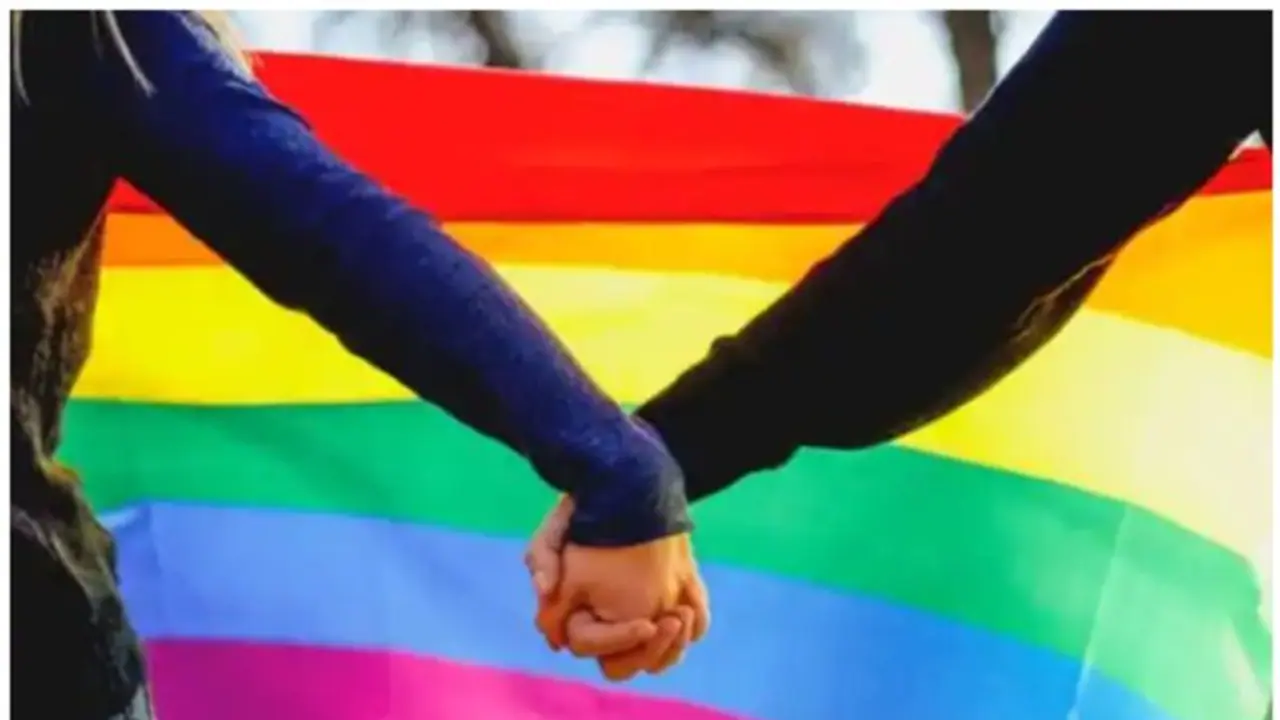The top court’s five-judge constitution bench directed the Centre and the states to ensure that queer people are not discriminated against on the basis of their sexual orientation. CJI DY Chandrachud stated his directions to end discrimination against the LGBTQ+ community. Here's what he said:
The Supreme Court is reading out its verdict on whether same-sex marriages should be legally recognised in India. A Constitution Bench led by Chief Justice of India DY Chandrachud and comprising Justices Sanjay Kishan Kaul, S Ravindra Bhat, Hima Kohli and PS Narasimha had reserved its verdict on the matter.

While reading out verdict, CJI DY Chandrachud stated his directions to end discrimination against the LGBTQ+ community. Here's what he said:
The Union government, governments of states and Union Territories are directed to ensure that:
1. The queer community is not discriminated against.
2. There is no discrimination in access to goods and services.
3. Sensitise the public about queer rights.
4. Create a hotline for the queer community.
5. Create safe houses for queer couples.
6. Ensure inter-sex children are not forced to undergo operations. No person shall be forced to undergo any hormonal therapy.
Same-sex marriage: SC strikes down CARA regulations, open adoption to queer and unmarried couples
7. There shall be no harassment to queer community by summoning them to police station solely to enquire about their sexual identity.
8. Police should not force queer persons to return to their natal family; and
9. Police should conduct a preliminary enquiry before registering an FIR against a queer couple over their relationship.
Meanwhile, Chief Justice of India DY Chandrachud stated that unmarried couples, including LGBT couples, can jointly adopt a child and noted that the freedom to form a partnership cannot be denied based on one's sexual orientation. He stated that it would be discriminatory for the government to presume that only heterosexual couples are capable of becoming excellent parents.
The Chief Justice stated that the Juvenile Justice Act does not prohibit single couples from adopting, and the Union of India has not demonstrated that adopting is in the child's best interest. The Chief Justice was referring to the Central Adoption Resource Authority's (CARA) adoption standards. Justice Chandrachud declared, "Therefore, CARA has overreached its jurisdiction in prohibiting unmarried couples."
